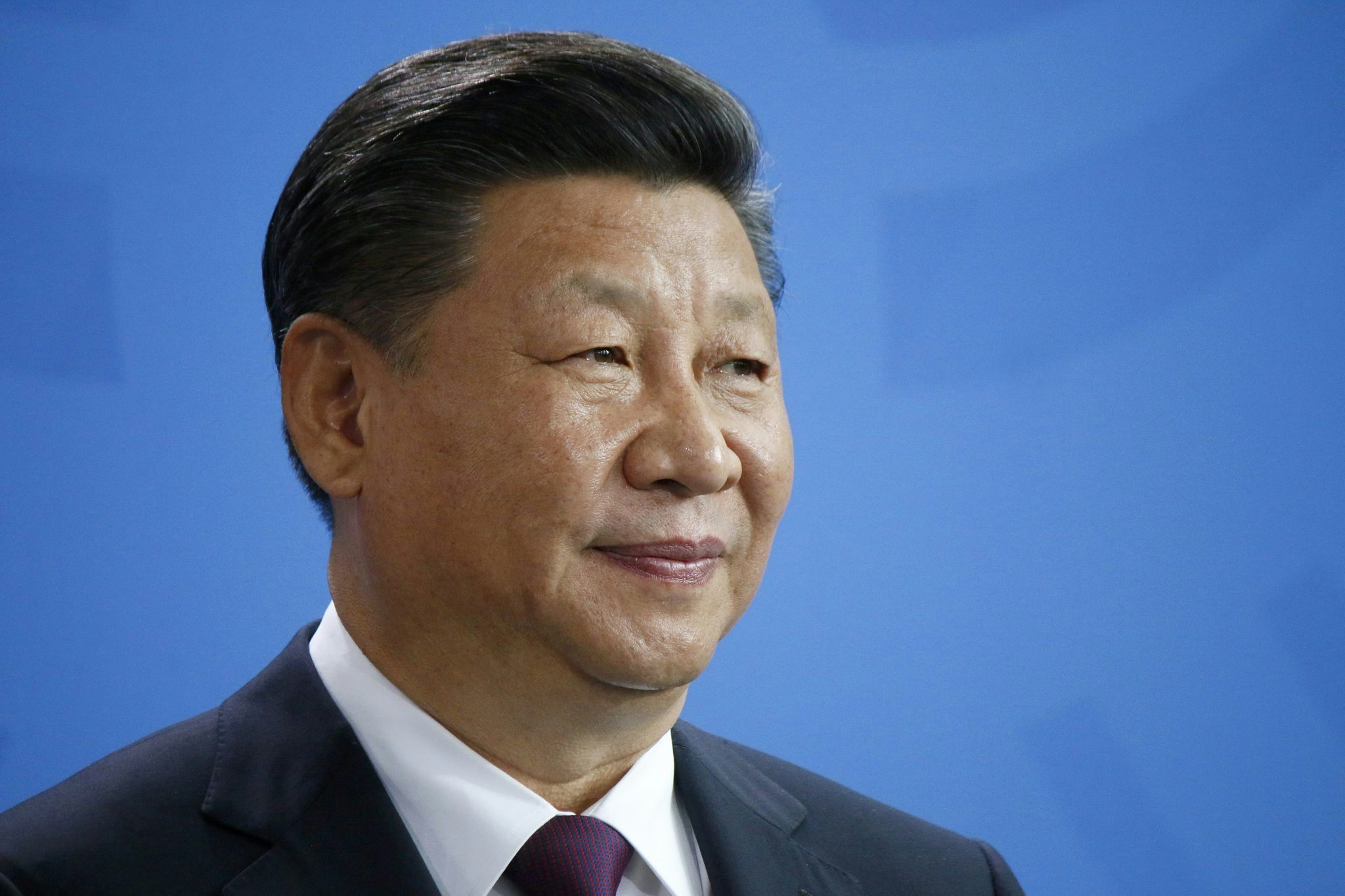For the luxury industry in China, 2019 will likely be a year of turbulence. Macro factors like ongoing U.S.-China trade disputes and China's economic slowdown will surely shape the landscape. The main challenge for brands is to realize how radically the situation has already changed and to remain mindful of the micro effects in this rough market that can either make or break deals. Preparation and the right strategies are crucial.
Below, Jing Daily presents five predictions for the industry going forward:
Chinese populism will take a bite out of international luxury brands#
In the final months of 2018, we witnessed Dolce & Gabbana’s crash in China and Canada Goose’s “forced” delay of its store debut in China. In the past, similar events might have been dismissed as isolated cases of injured national pride, but it’s much more than that now. Chinese nationalism has evolved into a set of populist values, and consumers now wield their power internationally as China’s weight in the global luxury market reaches unprecedented levels.
Widespread Chinese populism is here to stay. It's like a fully-loaded shotgun that's easily triggered when brands show a lack of understanding and respect to their market. Meanwhile, luxury brands’ best friends -- Chinese celebrities as well as brand ambassadors -- are typically the ones that set off the controversies for brands that don't fully understand who they're selling to.
Alibaba or Tencent? Brands may have to choose sides#
Luxury brands’ participation in and affiliation with China’s tech titans Alibaba Group and Tencent Holdings has deepened significantly in 2018. For one thing, it shows the sophistication with which luxury brands are operating in the Chinese market. However, brands need to be cautious about getting sucked into Tencent and Alibaba’s fierce rivalry. The two companies have famously been known to request that companies who work with them avoid collaborating with their rival. Other sectors like consumer goods, finance, and tech have experienced this in the past few years as well.
More poorly-managed foreign brands will exit China#
Plenty of Western brands like Macy’s, Topshop, and Marks & Spencer that failed to perform in the Chinese market gave up in 2018. That means the golden period of “being present equals making money” is over for international brands selling in China. The rising popularity of national Chinese brands adds a new level of competition, and in a time when Chinese consumers care much less about a brand's origin, being foreign is not the card to play anymore.
Leading luxury brands that use similar strategies will face challenges to maintain their relevance#
Leading luxury brands like Gucci, Christian Dior, Louis Vuitton, and many others had a fruitful year in 2018 in terms of engaging with Chinese consumers, building up brand awareness and popularity, and generating sales. However, they seem to have entered a period of innovation fatigue. Everyone started to market and sell on WeChat or Douyin, went crazy with Chinese influencers and hosted art events. But consumers will soon be fed up by the high level of similarity in these strategies. So what's new for luxury brands to make waves with? They better figure that out fast.
Auction houses are playing a rising role#
Retail stores should be fearful of the growing role that auction houses like Sotheby’s and Christie's will play in luxury retail in 2019. Chinese luxury shoppers have bought so many classic products (handbags, footwear, jewelry, and watches) in recent years, that some of them (especially high-net-worth individuals) are now in search of unique and special items with rich backstories and investment values. That has placed auction houses in an advantageous position. Leading auction houses have special connections with luxury brands and can get exclusive access to their rare products to resell during the auction seasons. On top of that, they are masterful at marketing them and providing top-notch service to their customers.


